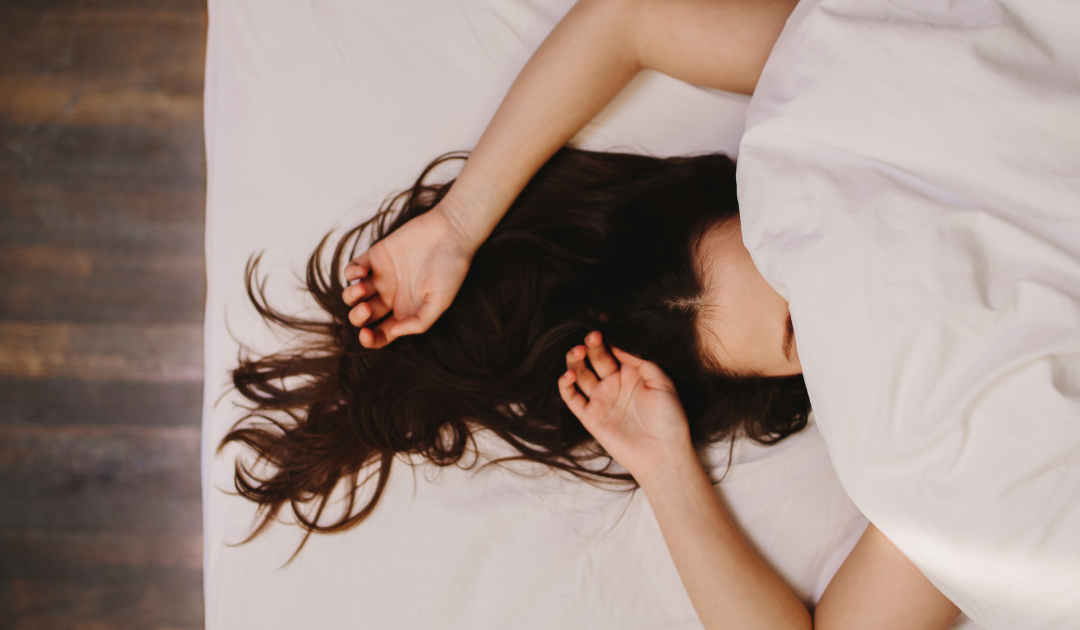Tossing and turning all night? Struggling to catch those much-needed Zzz’s? Sleep disturbances can be a real drag, especially when linked to mental health conditions like anxiety or depression.
While sleeping pills might seem like a quick fix, it’s important to understand all your options.
Mental health conditions can disrupt your sleep patterns in several ways. Anxiety can keep your mind racing, making it hard to quiet down at night. Depression can lead to early morning waking or difficulty falling asleep altogether.
Sleeping Pills: A Short-Term Solution?
Sleeping pills can offer temporary relief from sleep problems. There are two main categories:
- Over-the-counter sleep aids: These are generally milder and can help with occasional sleep issues. However, they may not be effective for everyone and can have side effects like grogginess the next day.
- Prescription sleep medications: These are stronger and require a doctor’s prescription. They can be helpful for short-term sleep problems, but long-term use can lead to dependence and other issues.
Important Considerations for Sleeping Pills:
- Talk to your doctor: Sleeping pills can interact with other medications you’re taking. They might not be suitable for everyone, so it’s crucial to discuss your options with a healthcare professional.
- Lifestyle Matters: Healthy sleep habits are key! Establishing a regular sleep schedule, creating a relaxing bedtime routine, and practicing good sleep hygiene can significantly improve your sleep quality.
- Focus on the Root Cause: If your sleep problems are linked to a mental health condition, addressing the underlying issue is essential for long-term sleep improvement. Therapy and other mental health treatments can be very effective.
Natural Sleep Aids:
While not a substitute for professional medical advice, some natural sleep aids might offer gentle support:
- Melatonin: This natural hormone regulates your sleep-wake cycle. Low doses can be helpful for some people.
- Relaxation Techniques: Deep breathing exercises, meditation, and progressive muscle relaxation can promote calmness and prepare your body for sleep.
- Herbal Remedies: Chamomile tea or valerian root are traditionally used to ease anxiety and promote sleep, but their effectiveness can vary.
Remember:
Sleeping pills can be a helpful tool in certain situations, but they should ideally be a short-term solution. Focus on creating healthy sleep habits and addressing any underlying mental health concerns.
Talk to your doctor about the best course of action for getting a good night’s sleep and feeling your best.
Address
New Mexico: 10409 Montgomery PKWY NE #202b Albuquerque, NM 87111
Kansas: 8700 Monrovia
Suite 310
Lenexa KS 66215


